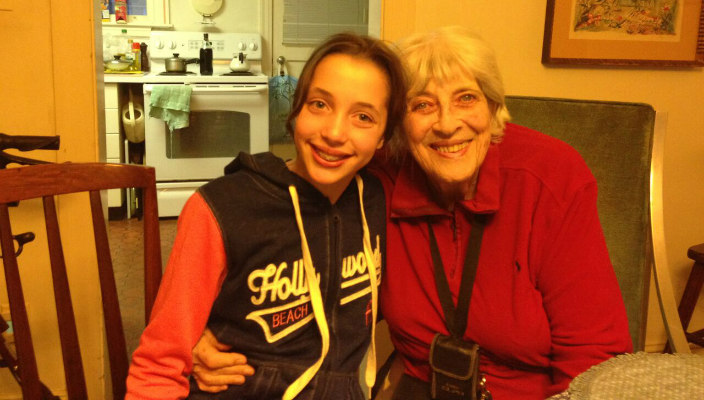
In our increasingly mobile society, families often are spread across states and separated by many miles. Far from familial support networks, we seek community and connection in other places, including at work, at school, on sports teams, in clubs, and in our Jewish institutions.
The URJ’s Belin Awards are designed to encourage and honor congregations of all sizes that have developed uniquely innovative and effective audacious hospitality programs. Among our 2017 Belin Awards winners, two communities took different approaches to bring together members from specific age cohorts, enhancing bonds within the community around specific Jewish holidays or lifecycle events.
Temple Emanu-El in Dallas, TX, created “Goin’ to the Chuppah,” a four-session seminar to teach Jewish, interfaith, multicultural, and same-sex couples in their 20s and 30s the basics of creating a Jewish home. Participants recently had been or were soon to be married in a Jewish ceremony and the intentionality of this feature of the seminar effectively created bonds among the couples that might not otherwise have formed.
Some continue to gather for group Shabbat dinners and other activities beyond the scope of the class. For others, the seminar offered a perfect segue into other forms of Jewish learning. “Goin’ to the Chuppah” also led to a new program: “Goin’ to the Delivery Room,” which supports couples transitioning to parenthood in a Jewish context.
In a similar vein, Congregation Beth Israel in West Hartford, CT, created “Purim Together, Young and Old” to foster new, inter-generational connections between the oldest and youngest members of the community. Students in grades three to six assembled and delivered mishloach manot (Purim gifts, literally, “sending of portions”) to senior citizens within the community. The students and the seniors had face-to-face conversations about the synagogue and how it has changed over the years.
Once Purim was over, students and seniors kept their conversations going in numerous ways. One older member, for example, introduced a student to a book that the student plans to read so the two can discuss it. In another pairing, the student’s family offered to drive the senior to Friday night services. Others have continued the visits that began with the holiday. Although the program could have focused on letter writing instead of a specific Jewish holiday, being intentional about its parameters enriched the program for participants.
Although these programs were tied to a specific holiday or lifecycle event, neither was a one-time event, with limited effect beyond the sessions. Both continued to have an impact on participants and their relationships with others – and the congregation – long after the programs themselves ended
Finally, these programs showcase that an expensive programmatic undertaking isn’t necessary to achieve positive, measurable results. By focusing on endeavors that are manageable in scope, simple in design, and easy to implement, programs can not only achieve solid, short-term results, but also demonstrate tremendous potential for scalability and growth, as well as successful replication in other communities.
To learn more about Audacious Hospitality and other 2017 Belin Award-winning programs, plan to attend these two events at the Union for Reform Judaism's 2017 Biennial in Boston, December 6-10, 2017: the learning session entitled Lessons from Belin Award-Winning Congregations and the Audacious Hospitality reception honoring trailblazers and innovators in Jewish life.
Have something to say about this post? Join the conversation in The Tent, the social network for congregational leaders of the Reform Movement. You can also tweet us or tell us how you feel on Facebook.
Related Posts

Setting Your Leaders Up For Success

Safety, Equity, and Accountability is the Path to a Thriving Jewish Community

